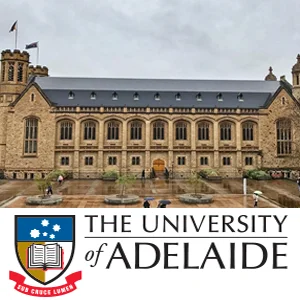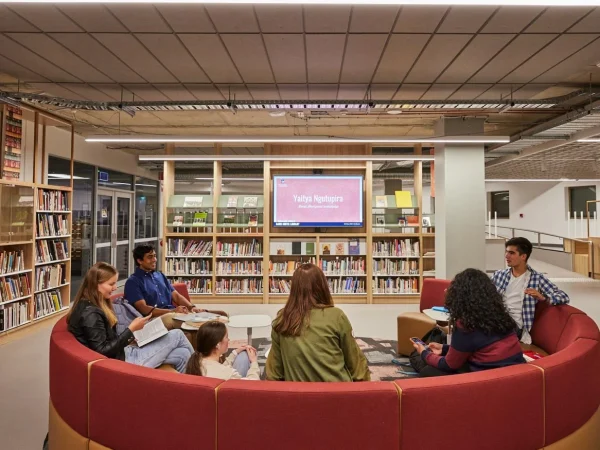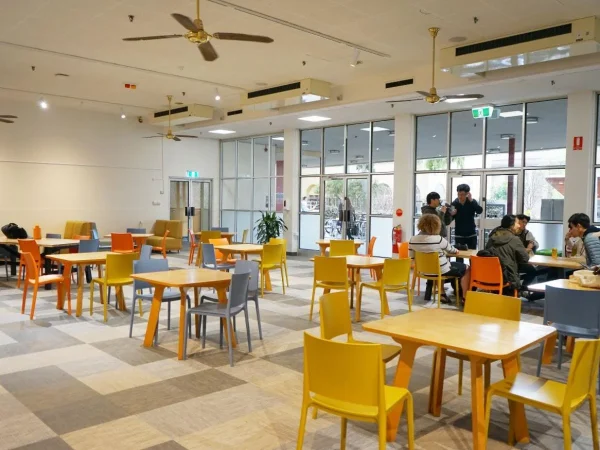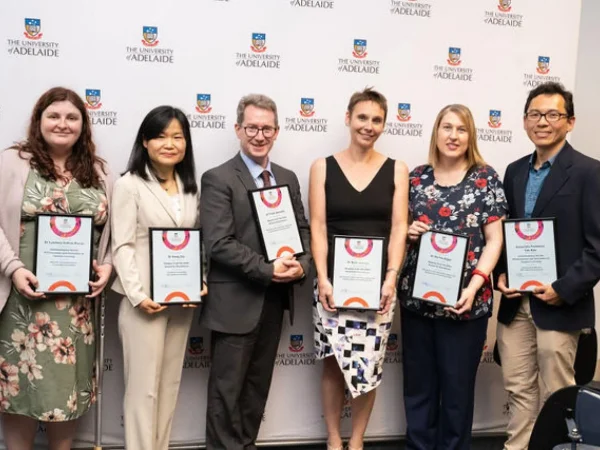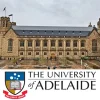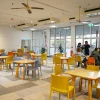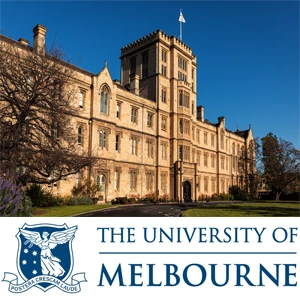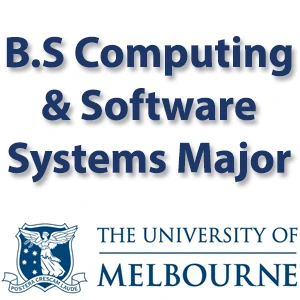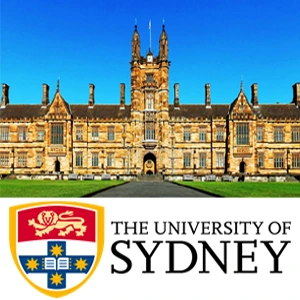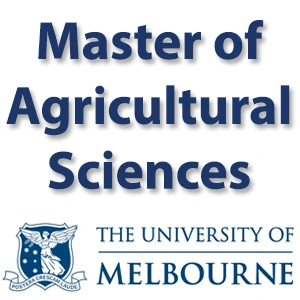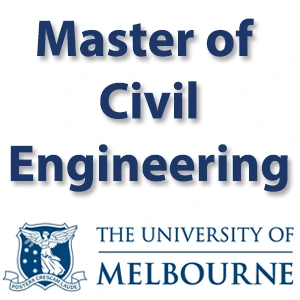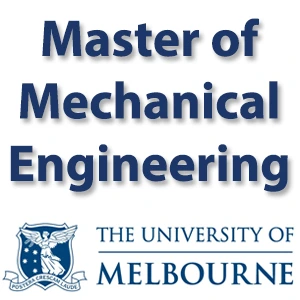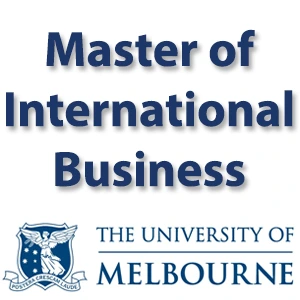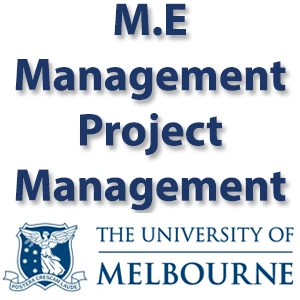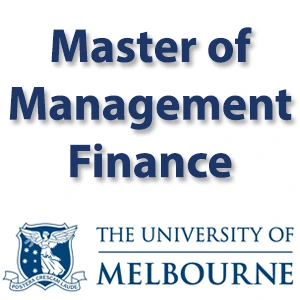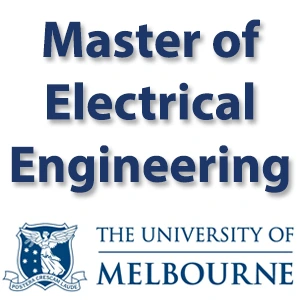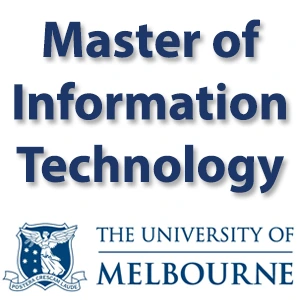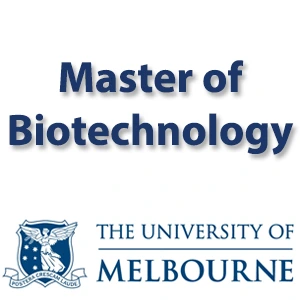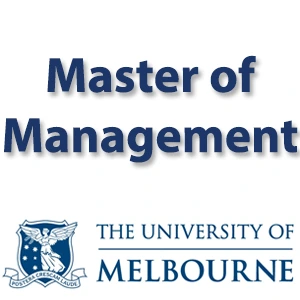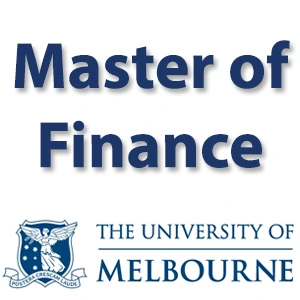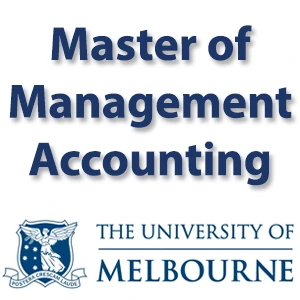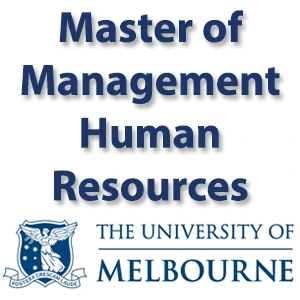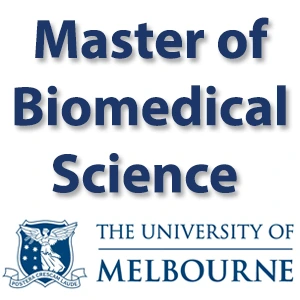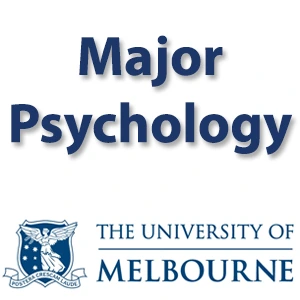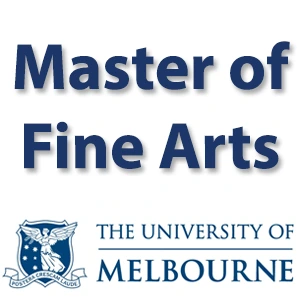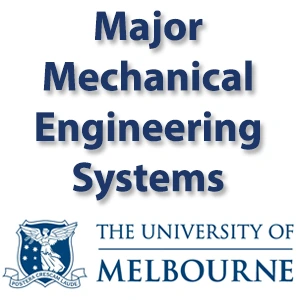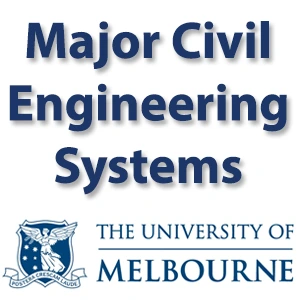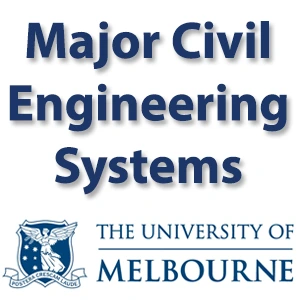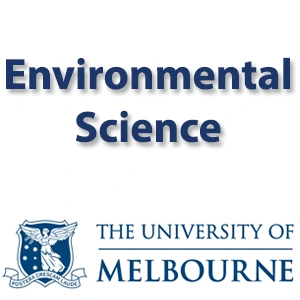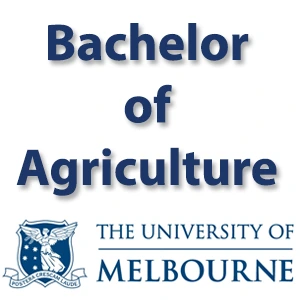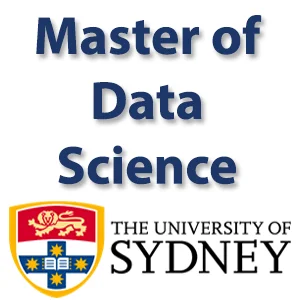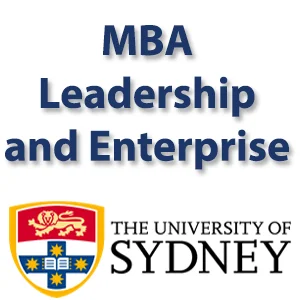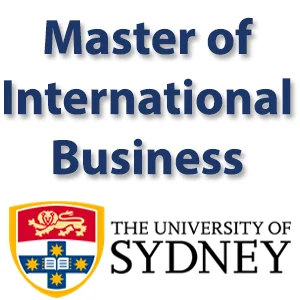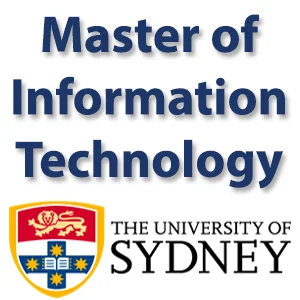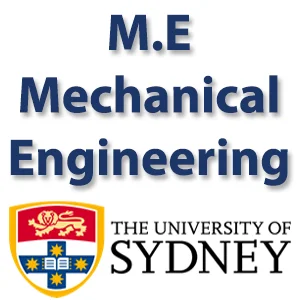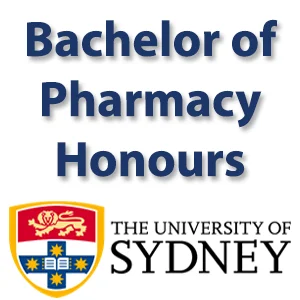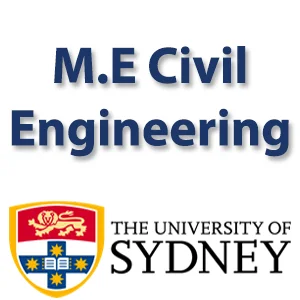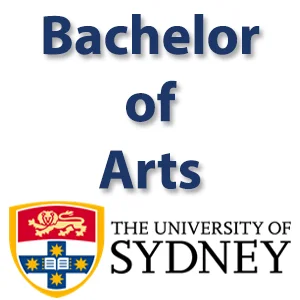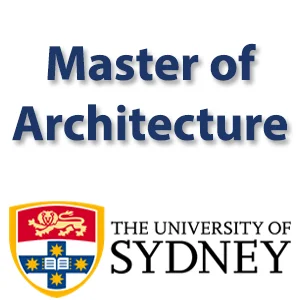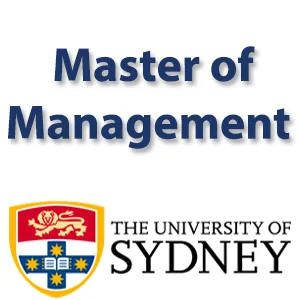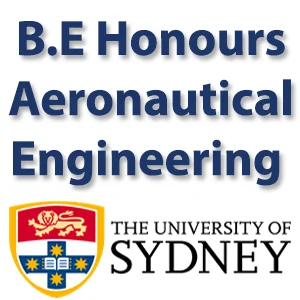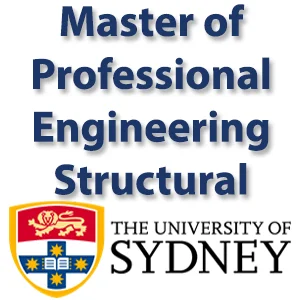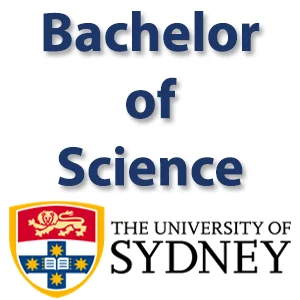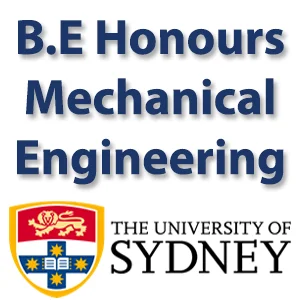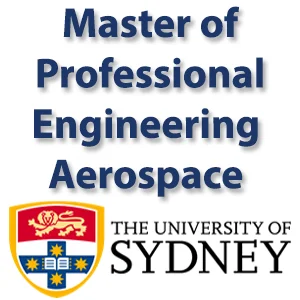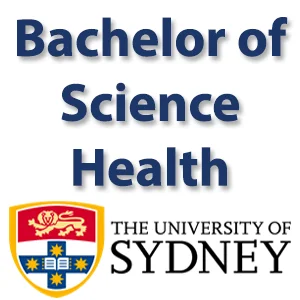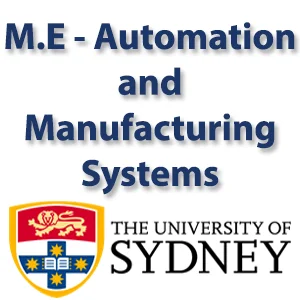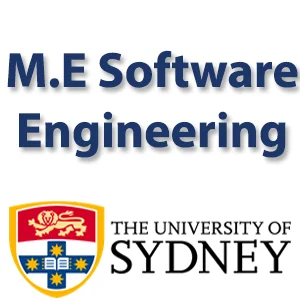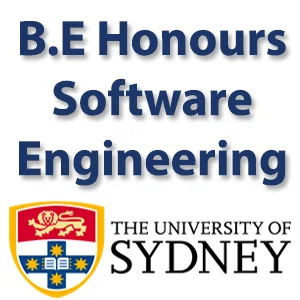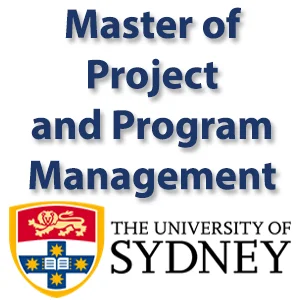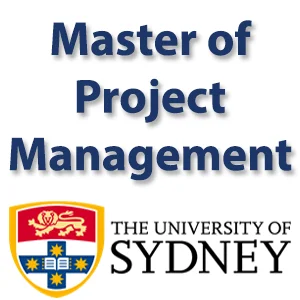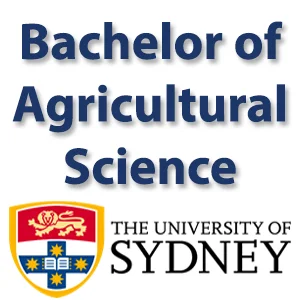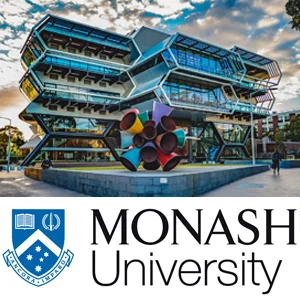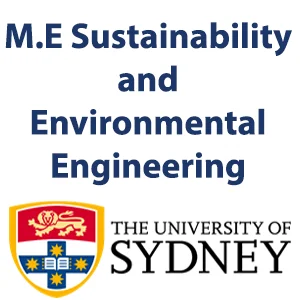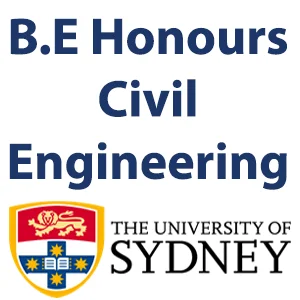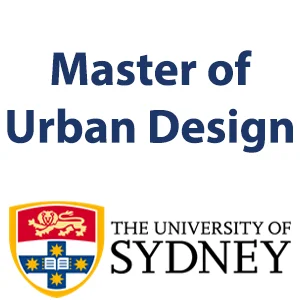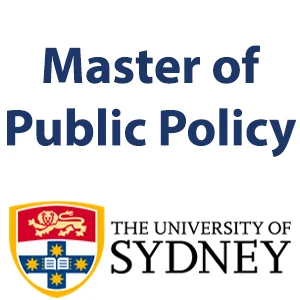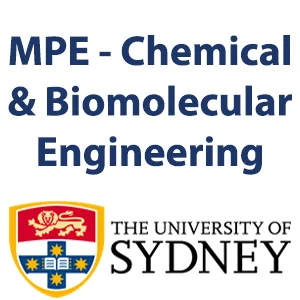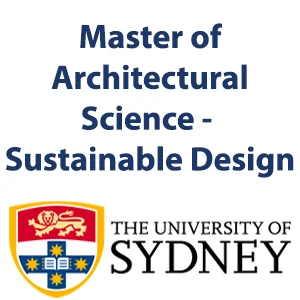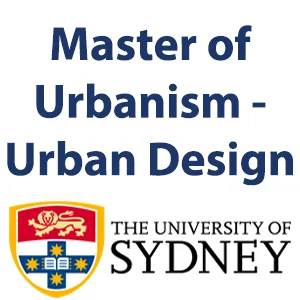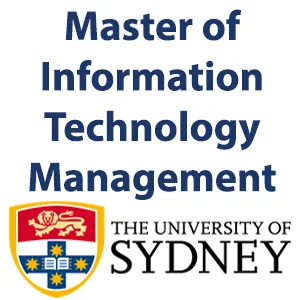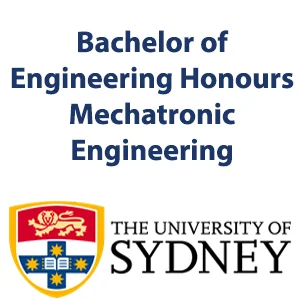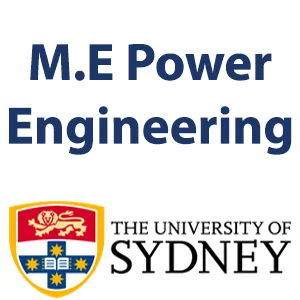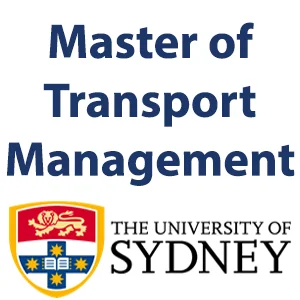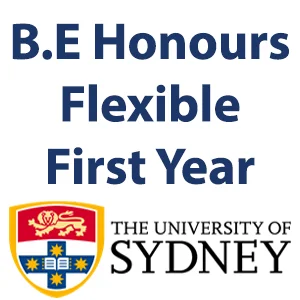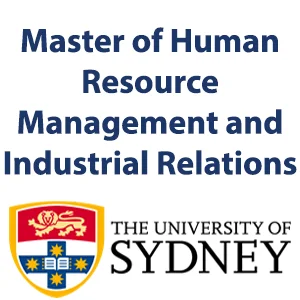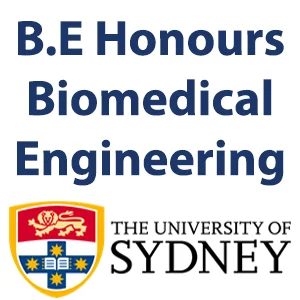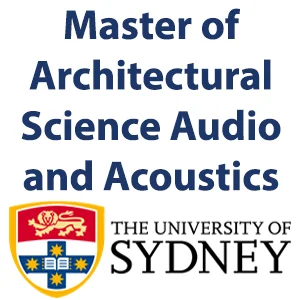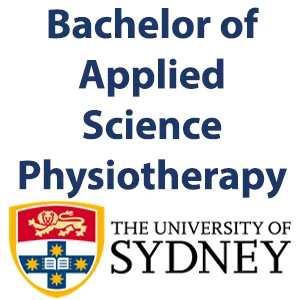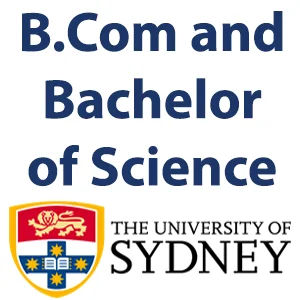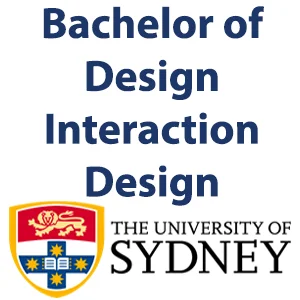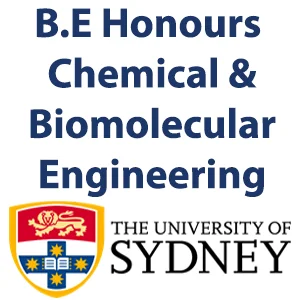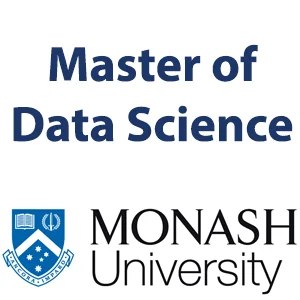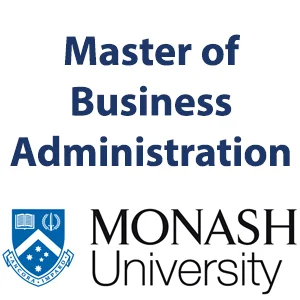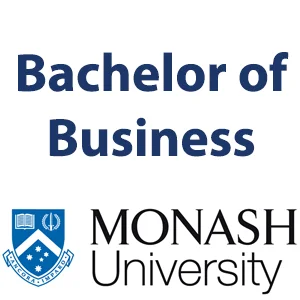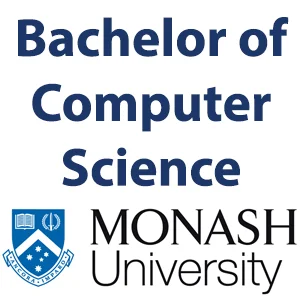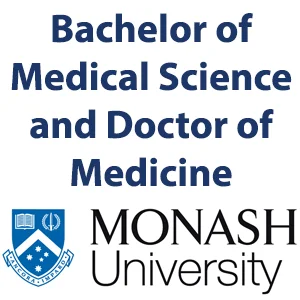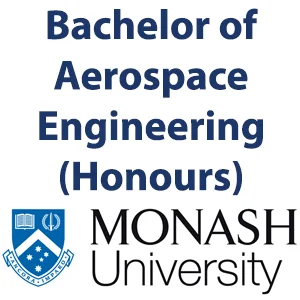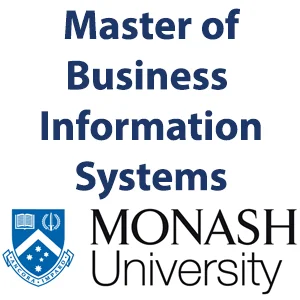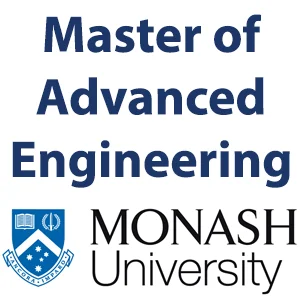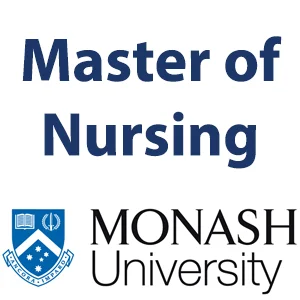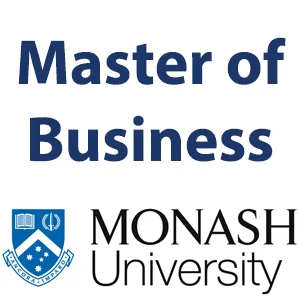Admission Requirements
Check the requirements and prerequisites for admission into the University of Adelaide as an international student.
Planning to study in 2026?
This page contains application advice for the University of Adelaide.
The University of Adelaide and the University of South Australia are combining their strengths to create a new university for the future, Adelaide University, opening in January 2026.
From 4 August 2025, the University of Adelaide and University of South Australia will no longer be acccepting applications for new students.
Apply now to study with Adelaide University in 2026.
English language requirements
International students seeking admission to the University’s coursework academic programs must meet minimum English language standards.
English language tests
The University’s preferred accredited English language tests are:
- IELTS (International English Language Testing System) – Academic Test
- TOEFL – internet based and paper based
- Pearson Test of English – Academic
- CAE (Cambridge English: Advanced).
However, the University may accept other evidence of proficiency in English in individual cases.
The majority of language tests and qualifications that meet the University’s minimum English requirements have a validity of two years preceding the date of commencement.
Students without the required level of English will need to satisfactorily complete an intensive program of English language before being admitted to the University of Adelaide. The University can arrange an appropriate English language program, Academic English (PEP Pathway) in Adelaide at the University’s English Language Centre. The PEP Pathway provides an alternative entry pathway for prospective students who have received offers to the University of Adelaide conditional upon English proficiency. On successful completion of the PEP Pathway at the appropriate level, students are granted direct entry into the University. See PEP pathway entry requirements for more information.
Australian year 12 applicants
International students undertaking an Australian year 12 program will meet the English language proficiency requirements with a passing grade or above in a recognised English as a Second Language or an English Language subject, as a part of the successful completion of their year 12 qualification.
International students who are not required to undertake an English subject to successfully complete their Australian year 12 qualification (or those who successfully complete their year 12 qualification but do not pass their English subject), can meet the English language proficiency requirements by achieving or exceeding the minimum score in an IELTS or another accepted English language test.
Successful completion of the International Baccalaureate Diploma meets the English language requirements of the University of Adelaide.
*Note: Exceptions apply to some degrees. Refer to the English Language procedure document for detailed information if an English test is required.
More information
For more information about the minimum English Language policy, please refer to the English Language Procedure linked to the Admissions to Coursework Programs Policy.
Study requirements and prerequisites
The Degree Finder tool provides general information about all undergraduate and postgraduate (coursework) programs. This includes information about minimum entry requirements, pre-requisites and selection criteria.
For more detailed information explore each of the program types below.
Undergraduate
India
All India Senior Secondary Certificate (CBSE, New Delhi), Indian School Certificate (ISC), Maharashtra, Karnataka, Andra Pradesh, Tamil Nadu State Board Examination and Telangana State Board Examination.
Best three subjects, excluding language and non-academic subjects.
University Profile
New Adelaide University opens in 2026
The University of Adelaide and the University of South Australia are combining their strengths to create a new university for the future, Adelaide University, opening in January 2026.
Find out more.
By every measure, the University of Adelaide—a member of Australia’s prestigious Group of Eight research-intensive universities—stands tall among the world’s leading institutions of learning and innovation.
The clearest indication of this is our consistently high rating by the most respected international assessment bodies: QS World University Rankings, Times Higher Education and Shanghai Jiao Tong’s Academic Rankings of World Universities (ARWU). All consider us one of the top 1% of Universities worldwide, and the top university in our state.
We’re equally proud of the fact that the vast majority of our research is rated ‘above or well above world standard’ by the Australian Research Council’s Excellence in Research Australia program.
We count among our distinguished alumni: five Nobel Laureates; over 100 Rhodes Scholars, including Australia’s first Indigenous recipient; and Australia’s first female prime minister and Supreme Court judge. Many of our staff and teachers are internationally recognised leaders in their fields. And we attract a diverse student body of over 27,000 from more than 90 countries.
History Happens Here
At the University of Adelaide, we’ve made a habit of breaking new ground. We were our state’s first university. The first in Australia to admit women to all our degree courses on an equal basis to men. The first to offer degrees in science and business. And the first to establish a conservatorium of music.
In recent times, that spirit of innovation has only grown stronger. For example:
- we were one of only three universities in the world to be involved in each of the following major scientific discoveries: gravitational waves; the Higgs boson elementary particle; and a celestial source of high-energy neutrinos
- we’re currently co-leading creation of the world’s first definitive legal text on conflict in space
- our photonics and advanced sensing researchers have created the world’s most precise timepiece, known as the Sapphire Clock
- in each of the past two years, we’ve had a young researcher recognised in MIT Technology Review’s prestigious Innovators Under 35 list for the Asia Pacific; we were the only Australian university represented in 2020, and in 2019 we were one of just two.
By making history we shape the future. And we’ve only just begun.
Fulfilling a progressive vision
The University of Adelaide was founded in 1874 with two complementary goals: to prepare new generations of leaders who were distinguished and shaped by education, not birth or wealth; and to challenge societal norms that hindered progress or reinforced inequality. We soon succeeded.
- 1881: First Australian university to admit women to all our degree courses on an equal basis to men.
- 1882: First Australian university to offer science degrees.
- 1900: First Australian university to establish a music conservatorium, Chair of Music, and Doctor of Music postgraduate qualification.
- 1902: First Australian university to offer tertiary education in business.
Developing generations of history makers
Our alumni have also embodied our spirit of history making. We proudly count among them:
- five Nobel Laureates, accounting for almost a third of Australia’s 16 total recipients
- over 100 Rhodes Scholars, including our country’s first Indigenous Australian recipient
- one of Australia’s most revered Antarctic explorers, Sir Douglas Mawson, OBE, who was a Professor of Geology and Mineralogy here for 31 years
- Australia’s first female prime minister, the Hon. Julia Gillard, AC
- professional astronaut and first Australian to walk in space, Andy Thomas, AO.
Another of our alumni, the remarkable Dame Roma Mitchell, AC, DBE, CVO, QC became Australia’s first female Queen’s Counsel, Supreme Court judge, university chancellor and state governor.
The University of Adelaide archives
The University of Adelaide Library’s Special Collections and Archives preserves the historical records of the University from the time of its establishment. If you would like to access the records, please contact the University Library Special Collections team for assistance.
The University of Adelaide’s special collections play a vital role in research, teaching, learning, and community engagement. Delve into the collections and uncover archival records, museum objects, personal papers, cultural & scientific artefacts, photographs, rare books and visual art.
Mission and Focus
A 21st century university for Adelaide.
At the University of Adelaide, we embrace our role and purpose as a future-maker—for our state, our nation and our world.
We pursue meaningful change as we celebrate our proud history: applying proven values in the pursuit of contemporary educational and research excellence; meeting our local and global community’s evolving needs and challenges; and striving to prepare our graduates for their aspirations and the needs of the future workforce.
Our focus is informed by the manifold changes confronting today’s society, including the:
- need for economic transition—to new industries and jobs
- imperative of social transformation—demanding more accessible, lifelong learning
- impact of globalisation—making global opportunities available locally
- pervasive nature of technological disruption—redefining socio-economic constructs
- pursuit of sustainability—socially, economically and environmentally.
The University is uniquely positioned to design and drive a prosperous, entrepreneurial future for South Australia built on knowledge, innovation and collaboration.
We’re a dynamic participant in society, leading our community in leveraging change for social and economic benefit. We listen to industry. And we connect with diverse community groups far and wide to deliver education and research of the highest value and impact.
Five pillars to excellence
1. Connected to the global world of ideas
In a globalised economy, access to the world of ideas is critical for local socio-economic benefit. As a truly global institution, our university has unique potential within South Australia to leverage culturally diverse staff and students—and an outstanding reputation reflected in all three leading world rankings—to connect our state to the world.
2. A magnet for talent
Recognising that our destiny will be shaped by those who choose to work or study with us, we invest significant resources in making our university a global destination of choice for the very best minds. Here in our nurturing community they teach and discover side-by-side, infused by a culture that connects, inspires and energises. Excellence demands nothing less.
3. Research that shapes the future
Research excellence has defined our history. In a world rapidly transitioning to an information-based economy, so will it define our future. We strive to build an ever-stronger nexus between our research and local economic needs, leveraging creativity and knowledge to create abundant economic opportunities. And we continually enhance links between research and education to help shape a new generation of entrepreneurs able to translate new knowledge into societal benefit.
4. A 21st century education for a growing community of learners
In the interests of improving lives and delivering better societal outcomes, we constantly seek ways to increase our community’s access to the ever-growing store of human knowledge. We’re making an Adelaide education more relevant to an even more diverse range of students; and aligning our programs with the creativity and power of research. The result is an education tailored to the enquiring mind, and graduates highly sought for their intellectual flexibility and rigour.
5. The beating heart of Adelaide
The majority of our students and staff study and work on Kaurna land in the centre of Adelaide, a beautiful and affordable city regularly ranked among the world’s top 10 for liveability. This location affords us a unique ability to engage with, and shape, the life of the city. More than any other institution, we build and nurture connections between our next generation of leaders, industry collaborators, world-class teachers and researchers, sporting bodies, and major cultural and entertainment events.
The City of Adelaide
Adelaide – with our University at its beating heart – is consistently voted one of the world’s most liveable and affordable cities*.
Despite being home to a growing population of 1.3 million, it’s blessed with an abundance of green spaces and minimal traffic congestion, making travel—including walking and cycling—safe, pleasant and easy. And it’s home to a huge variety of cafes, restaurants, entertainment options and festivals. During February and March, for example, the city hosts world-renowned cultural events the Adelaide Fringe, Adelaide Festival and WOMADelaide.
South Australia is also globally renowned for its premium wine regions, such as the Barossa Valley and Coonawarra, beautiful sandy beaches, stunning and geologically significant Flinders Ranges, and the iconic Australian Outback.
Facts and figures
- Most liveable city in Australia (2020 IPSOS)
- 1.3 million people
- Ranked third most liveable city in the world and #1 in Australia, when measured across stability, healthcare, culture and environment, education and infrastructure.*
Awards and Achievements
At the University of Adelaide, we’re proud to celebrate the awards and achievements of our staff, students, academics and alumni.
With 114 Rhodes Scholars from the University of Adelaide, we continue to create leaders for the world’s future.
The Fulbright program offers the opportunity to develop knowledge and relationships through an international exchange program.
With 114 Rhodes Scholars from the University of Adelaide, we continue to create leaders for the world’s future.
The University recognises excellence in teaching, and supports the enhancement of learning and teaching.
Governance
Governance refers to the framework of rules, relationships, systems and processes by which an enterprise is directed, controlled and held to account and whereby authority within an organisation is exercised and maintained. It encompasses authority, accountability, stewardship and leadership, and direction and control exercised in any organisation.
The culture of the University is the expression of its values in action. The Council and University management directly shape and influence that expression. Recognising that it is generally accepted that values drive behaviours, and behaviours drive outcomes, this Governance Statement expressly recognises that culture is founded on values-based principles, in addition to rules-based compliance. The increased focus on culture is recognised as a critical element of the success of modern, globally successful organisations.
The University is governed by its Council which is established by The University of Adelaide Act 1971. The Council has 13 members, is chaired by the Chancellor, and advised by its Standing Committees. The Council consists of external members, staff, students and graduates.
The Council’s principal responsibilities include:
- appointing the Vice-Chancellor & President as the chief executive officer of the University and monitoring his or her performance
- approving the mission and strategic direction of the University, as well as the annual budget and business plan
- overseeing and reviewing the management of the University and its performance
- establishing policy and procedural principles, consistent with legal requirements and community expectations
- approving and monitoring systems of control and accountability, including general overview of any entities controlled by the University (within the meaning of section 50AA of the Corporations Act 2001)
- overseeing and monitoring the assessment and management of risk across the University, including commercial undertakings
- overseeing and monitoring the academic activities of the University
- approving significant commercial activities of the University.
The Council must in all matters endeavour to advance the interests of the University.
Scholarships in Australia
The University of Adelaide is committed to supporting international students with generous scholarships, making quality education more accessible.
Adelaide University Scholarships 2026
The scholarships on this page are eligible to current students only and will be maintained for current recipients when they transition to Adelaide University.
To view scholarships available at Adelaide University in 2026, please visit Adelaide University Scholarships.
The University of Adelaide rewards international students who have demonstrated their commitment for learning and to the Australian Higher Education system by completing a Bachelor or Master qualification in Australia.
Australia for ASEAN scholarships
Scholarships are closed. Please revisit later for the possibility of 2026 commencement.
The University of Adelaide rewards international students who have achieved academic merit in their previous studies. Scholarship recipients will receive a 15% or 30% reduction toward international tuition fees when commencing at the University of Adelaide in 2025.
This scholarship is awarded to applicants that have successfully completed an award program at the University of Adelaide who are applying for their second, third or even fourth program with the University of Adelaide. The scholarship will be awarded if the previous study from the University is the basis of admission and meets the scholarship’s minimum academic requirements.
For students with a passion for learning.
The University of Adelaide 2025 Global Academic Excellence 50% Scholarships (International) is a highly competitive award that rewards commencing undergraduate and postgraduate coursework international students who have demonstrated academic excellence in their previous studies.
The University of Adelaide rewards applicants who are applying from formal international articulation pathways from partners where there is an active agreement with the University of Adelaide.
This scholarship supports the education of an outstanding Indian student who is undertaking full time post-graduate studies at the University.
This scholarship was established by Professor Ashok Khurana and offers a stipend of A$30,000, payable towards the recipient’s airfares, living expenses and tuition fees. The successful applicant will receive a 50% reduction on the tuition fees for the duration of their program.
Financial support for Colombian academic professionals
The Fundación para el Futuro de Colombia (COLFUTURO) is a financial support initiative for Colombian professionals that have demonstrated academic excellence, who wish to broaden their career development by pursuing Master by coursework and research or Doctoral research higher degree studies at the top global 100 universities to build on human capital for the future of Colombia.
The University of Adelaide rewards international students who are family of University of Adelaide Alumni or Current Students. Scholarship recipients will receive a 10% reduction toward international tuition fees when commencing at the University of Adelaide in 2025.
Terms and conditions
Students wishing to review the terms and conditions of their current scholarship should refer to the below documents.
Note: each scholarship listed above is subject to a yearly review
General APEAC information
How do I have a new program approved?
Please refer to the approval process website which outlines the steps required to propose the introduction of a new program.
Is approval needed to offer a program in other/additional teaching periods?
Yes, APEAC approval is required to offer a program in other/additional teaching periods. For example, if APEAC approved the delivery of a program in Semesters, approval must be sought to offer the program in Trimesters.
Is approval needed to add/remove program intakes?
Yes, APEAC approval is required if program intakes are to be added/removed. For example, if APEAC approved program intakes in Trimesters 1, 2 and 3, approval must be sought to change intakes to Trimesters 1 and 3.
How do I propose changes to a program currently offered?
Please refer to the approval process website which outlines the steps required to revise or inactivate (delete) a current program.
How do I suspend an existing program?
Please complete the Program Suspension Form and submit it to Admissions. The suspension of a program is presented to APEAC for noting only.
I am unsure if APEAC approval is needed for the changes I am proposing to an existing program?
The table of major revision categories provides an overview of the changes that constitute a major revision. Please note, the examples listed are representative only – other examples may exist. For advice on changes to a program not listed, please contact APEAC.
Is approval required for another party (whether in Australia or offshore) to deliver some or all of a program or a course within a program?
Please refer to the information on Third Party Arrangements and contact Educational Policy and Compliance if you have further questions.
How do I propose a new credit-bearing micro-credential?
Please refer to the University’s Credit-bearing Micro-credentials policy and its supporting procedure. For further details please contact the PACE Product Approval Committee Executive Officer for advice.
My proposal doesn’t fully align with the University’s policies and requirements – Will the proposal still be considered by APEAC?
Elements of a proposal that do not fully align with the University’s policies should be discussed prior to submitting a proposal to APEAC. Sound pedagogical rationale requesting an exemption to policy should also be provided in the proposal submitted for APEAC consideration. Please contact APEAC for further advice.
What are the submission dates for papers to be considered by APEAC?
The APEAC submission dates are published at the start of each year. Please note that proposals to introduce a new program or revise an existing program need to be presented first to the Growth and Diversification Steering Committee. Further details are available on the Approval Process page.
How do I update the Australian Higher Education Graduation Statement (AHEGS) for a program?
APEAC approval is not required to revise the AHEGS for a program. Requests to update the AHEGS should be sent to the Graduations Office.
Admission requirements
Who has the authority to approve changes to program admission requirements (including the minimum GPA)?
Proposals pertaining to entry requirements must be submitted to the Admissions Committee. If endorsed by the Committee, they will be submitted to APEAC for consideration.
Program admission changes can then be approved by the DVC&VP(A) on recommendation of APEAC.
I have a proposal regarding entry requirements that is time sensitive. How do I approach this?
Before submitting any supporting documentation, please contact APEAC with details of why the proposal will need to bypass the Admissions Committee. APEAC will review the details provided and confirm whether the proposal can be considered without having been endorsed by the Admissions Committee.
Please note: Proponents may be advised they need to arrange an out of session meeting of the Admissions Committee with the Admissions Committee Executive Officer.
It is anticipated that proposals which bypass the Admissions Committee before reaching APEAC, and are approved, will be noted at the next Admissions Committee meeting.
I would like to change my program admission requirements, and I am making no other changes. Am I required to complete a full program proposal form?
Admission changes can be proposed via the Revision of entry requirements form. The form requests the information required to ensure the University meets its compliance obligations and also includes prompts for information that assures consistency across programs.
Please note: Offers to international students can be made several years before they are due to commence their study and, therefore, a proposed date of effect should take into consideration the international admissions timelines.
Is there a minimum GPA used by the University?
No, there is no minimum Grade Point Average (GPA) used by the University.
All minimum GPA entry requirements between 4.0 to 5.0 (out of 7.0), are submitted to APAEC for noting, and subsequently entered on the non-standard admission requirements table.
Any GPA outside the threshold range (4.0-5.0) as an entry requirement or as a minimum standard of achievement to progress within the program (e.g. GPA to be used to determine a quota or continue in the program) must have a pedagogical justification.
Do I need to include a TOEFL/Pearson/CAE English Language proficiency scores in the program proposal?
The University has established equivalencies for IELTS/TOEFL/Pearson/CAE English Language proficiency requirements. Unless the program you are seeking to introduce or revise has English language requirements per an external accrediting body, it is only necessary to include the minimum IELTS scores required for the program on the proposal.
Where do I find the approved admissions requirements for a program?
Please refer to the program structure and entry requirements and non-standard admission requirements document for information on approved program admission requirements.
I understand that completion of certain qualifications has been assessed as equivalent to meeting the University’s minimum English language requirements. My program has external accrediting requirements which limit the types of qualifications considered for admission. How do I seek an exemption? In the first instance contact the Director, Admissions to discuss your requirements. If changes to the alternative English language proficiency pathways are necessary then a memo will need to be submitted to APEAC for approval. It must include the following:
- a date of effect
- an outline of the changes and the rationale
- the impact on any pathway programs, e.g. those offered by the UoA College
- a summary of transition arrangements
International students
Are all international students covered by ESOS legislation?
No, not all of the University’s international students are covered by the Education Services for Overseas Student (ESOS) legislation . The ESOS Framework applies to students who are enrolled in a CRICOS registered course and studying on an Australian student visa. International students who have study rights whilst holding alternative visas (such as partner or working visas) are not covered by ESOS.
Can a program that is only available on a part-time basis be offered to international students?
Programs must be available on a full-time basis to be eligible for CRICOS registration. If a program is not CRICOS registered the University cannot promote or offer it to any prospective international student who will require an Australian student visa. International students who have study rights whilst holding alternative visas (such as partner or working visas), may however be considered for an offer to the program. If you would like APEAC to approve a program for non-student visa holders, please contact Educational Policy and Compliance for further advice.
Can a program that is delivered 100% online be offered to international students who are living in Australia?
Only students in Australia on a temporary resident visa that permits study (non-student visa holders) can study a program that is delivered 100% online. Please note that non student visa holders are not covered by ESOS legislation. If you would like APEAC to approve a program for non-student visa holders, please contact Educational Policy and Compliance for further advice.
Can the University offer programs that are not CRICOS registered to international students (those on an Australian student visa)?
The ESOS Exempt Courses Instrument came into effect on 29 June 2021. This instrument permits international students (Australian student visa holders) to enrol in a variety of short programs that are not CRICOS registered. The intent of the instrument is to give Australian student visa holders access to a variety of short programs that will improve their employment opportunities, such as first aid and infection control courses, or hobby or recreational courses that will enrich student experience. If the proposed program does not satisfy the exemption instrument then it cannot be made available to international students who are Australian student visa holders. Please refer to the DESE fact sheet for additional information.
When can I begin marketing an APEAC/Academic Board/Vice-Chancellor and President approved program to international students?
Programs that are offered to international students who require a student visa can only be marketed once the CRICOS application has been approved by TEQSA and a new CRICOS code generated.
How long does it take for a program to be CRICOS registered?
Applications for CRICOS registration are subject to TEQSA’s internal processing times but can take anywhere from 5-10 working days.
How will I know if the CRICOS registration has been approved?
All relevant stakeholders including faculty staff and Admissions Operations will be notified of the new CRICOS code by Educational Policy and Compliance.
Post APEAC approval
What happens after APEAC has considered my proposal?
Please refer to the process flow chart available here . Please note, upon recommendation for approval from APEAC, revisions to entry requirements can be approved by the DVC&VP(A). APEAC will notify the proponents once approval has been obtained. For further information regarding operational steps following approval, please contact individual areas for advice, e.g., Student Administration, Marketing, Future Students.
What happens if APEAC does not recommend my proposal for approval?
In some circumstances, APEAC will agree to make ‘no recommendation’ and instead invite the Faculty to resubmit the proposal after addressing any concerns. Faculties will be informed of this decision by APEAC.
Once a program has been approved by the Vice-Chancellor and President, what action is required to have it appear on Degree Finder?
Following Vice-Chancellor and President approval, APEAC notifies all relevant faculty stakeholders. Following this, the coordinating Faculty is advised to contact Student Administration to begin the operational process of entering the new program into the PeopleSoft system and subsequently Degree Finder.
When will new programs be open for international students to apply?
Applications will be open by the effective date (e.g. Semester 1, Trimester 2) as approved by the Vice-Chancellor and President providing the CRICOS registration is complete. The operational processes involve multiple stakeholders including Educational Policy and Compliance, TEQSA, Student Administration, and Planning and Analytics, therefore submissions should allow adequate time for all administrative processes to be completed.
University of Adelaide College
What steps are required to have a new University of Adelaide College (UoAC) program approved by the University?
Please refer to the approval process website which outlines the steps required to propose the introduction of a new program. Please contact Michelle Campbell to discuss whether amendments to the Kaplan/University legal agreement are required.
How do I propose changes to a University of Adelaide College (UoAC) program currently offered?
Please refer to the approval process website which outlines the steps required to revise or inactivate (delete) a current program.
Does the addition of a new ‘stream’ to a pathway program require APEAC approval?
Yes, the addition of a ‘stream’ is considered a major revision and, therefore, requires APEAC approval. Please refer to the program development and approval workflows for the steps that must be completed.
What happens if the proposal is not endorsed for approval at any stage of the process?
In some circumstances, a Committee may choose to make ‘no recommendation’ regarding the proposal and invite the UoAC to provide additional information before reconsidering the proposal. Should this occur, the UoAC will be advised of the additional information required and the steps needed to recommence the approval process.
Who has the authority to approve changes to pathway programs admission requirements?
Program admission changes can be approved by the DVC&VP(A) on recommendation of APEAC.
I would like to change the admission requirements for a pathway program, and I am making no other changes. Will APEAC accept a memo?
Once endorsed by the Joint Academic Board, changes to entry requirements must be submitted to the Admissions Committee using the Revision of entry requirements form . If endorsed by the Committee, they will be submitted to APEAC for consideration and recommendation of DVC&VP(A) approval.
Alliance programs
What is an Alliance program?
In partnership with Boundless Learning, the University of Adelaide offer a number of fully online postgraduate programs. The alliance with Boundless Learning allows for the accelerated launch of online postgraduate programs, broadening the University’s reach and enhancing the in-house capability to deliver online postgraduate programs that align with the University’s strategic objectives. These programs are referred to as alliance programs.
What steps are required to propose a new Alliance program be introduced by the University?
Please refer to the approval process website which outlines the steps required to propose the introduction of a new program.
What steps are required to propose changes to an existing Alliance program offered by the University?
Please refer to the approval process website which outlines the steps required to revise or inactivate (delete) a current program.
I am unsure if APEAC approval is needed for the changes I am proposing to an existing Alliance program?
The table of revision categories provides an overview of the changes that constitute a major revision. Please note, the examples listed are representative only – other examples may exist. For advice on changes to a program not listed, please contact APEAC.
I would like to change the program admission requirements, and I am making no other changes. Am I required to complete a full program proposal form?
Once endorsed by Joint Alliance Board, changes to entry requirements must be submitted to the Admissions Committee using the Revision of entry requirements form . If endorsed by the Committee, they will be submitted to APEAC for consideration and recommendation of DVC&VP(A) approval.
What happens if the proposal is not endorsed for approval at any stage of the process?
In some circumstances, a Committee may choose to make ‘no recommendation’ regarding the proposal and invite the Alliance and/or Faculty to provide additional information before reconsidering the proposal. Should this occur, stakeholders will be advised of the additional information required and the steps needed to recommence the approval process.



